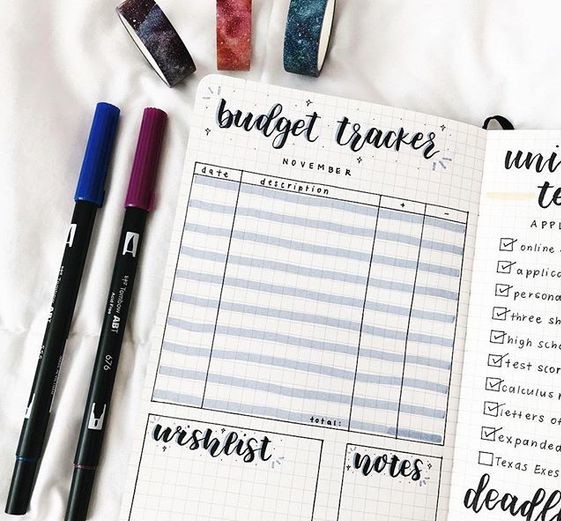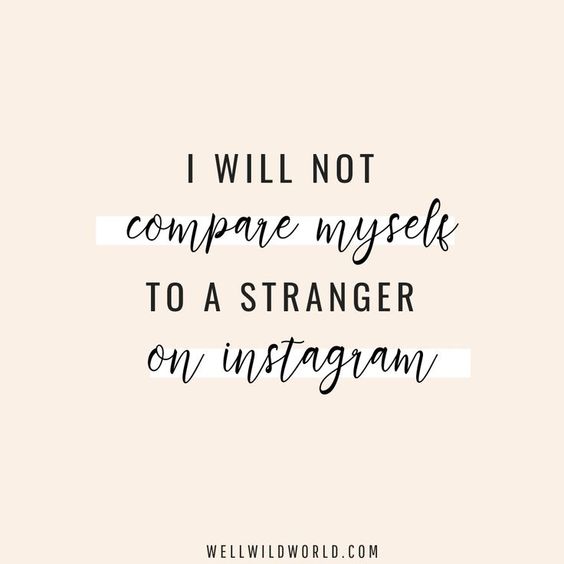
How To Keep Track of Your Expenses
Most people nowadays know the importance of keeping track of their finances and spending habits. That being said, many people still don’t bother to do it. It’s really important to keep track of how you are spending your money for various reasons. Tracking your expenses daily will help you save a lot of money. It will help you understand how you are managing your money and take control of your finances. The real reason you track your expenses is to create financial awareness. You should be aware of where your money goes and how fast you spend it, so you know what habits you can change in order to make your money work for you. Here are some tips that may help.
Stop Using Cash
The only type of transaction that isn’t automatically recorded is cash. Other than cash, you have automatic, electronic records of every credit card, debit card, check, automatic bank withdrawal and PayPal transaction. If you stop buying things with cash, you won’t have to manually record your spending.
Checking Account Statements
Start by pinpointing your money habits. Take inventory of all your accounts, including your checking account and all credit cards you have. This will help you identify where you’re spending. Get into the habit of knowing what’s coming in and what’s going out.
Categorize Expenses
Most credit cards automatically tag your purchases like grocery store or department store. This can help you realize that maybe you’re paying for recurring services that you can live without or that your daily morning coffee run is costing you a lot more than you think. Your spending consists of both fixed and variable expenses. Fixed expenses are likely to change from month to month. This includes mortgage or rent, utilities, insurance and debt payments. Variable expenses are food, clothing and travel.
Use an App or Write It All Down
There are many budgeting apps that are designed for on-the-go money management. It will also help you in allocating a certain amount of spendable income each month depending on what you’re taking in and what you’re paying out. These types of apps work if you’re willing to log your purchases. Another way would be to just write it all down. For some people, using a financial app to track where your money is going doesn’t quite provide the same accountability. When you write the costs into your notes, you’ll start to realize that money is actually gone. Looking at the amount you spent in that moment, may have questioning if the purchase was worth it. The advantage of writing down your expenses or logging it into your app is that you’ll think harder about each expense. Writing down every transaction causes you to be more conscious about your spending habits at the moment you’re making the transaction.
Lastly, Create a Plan
Review all of your expenses for ways to cut back, and then decide what to do with the extra money. Set specific goals, such as building an emergency fund, paying off your credit card bills, or increasing your retirement savings.







